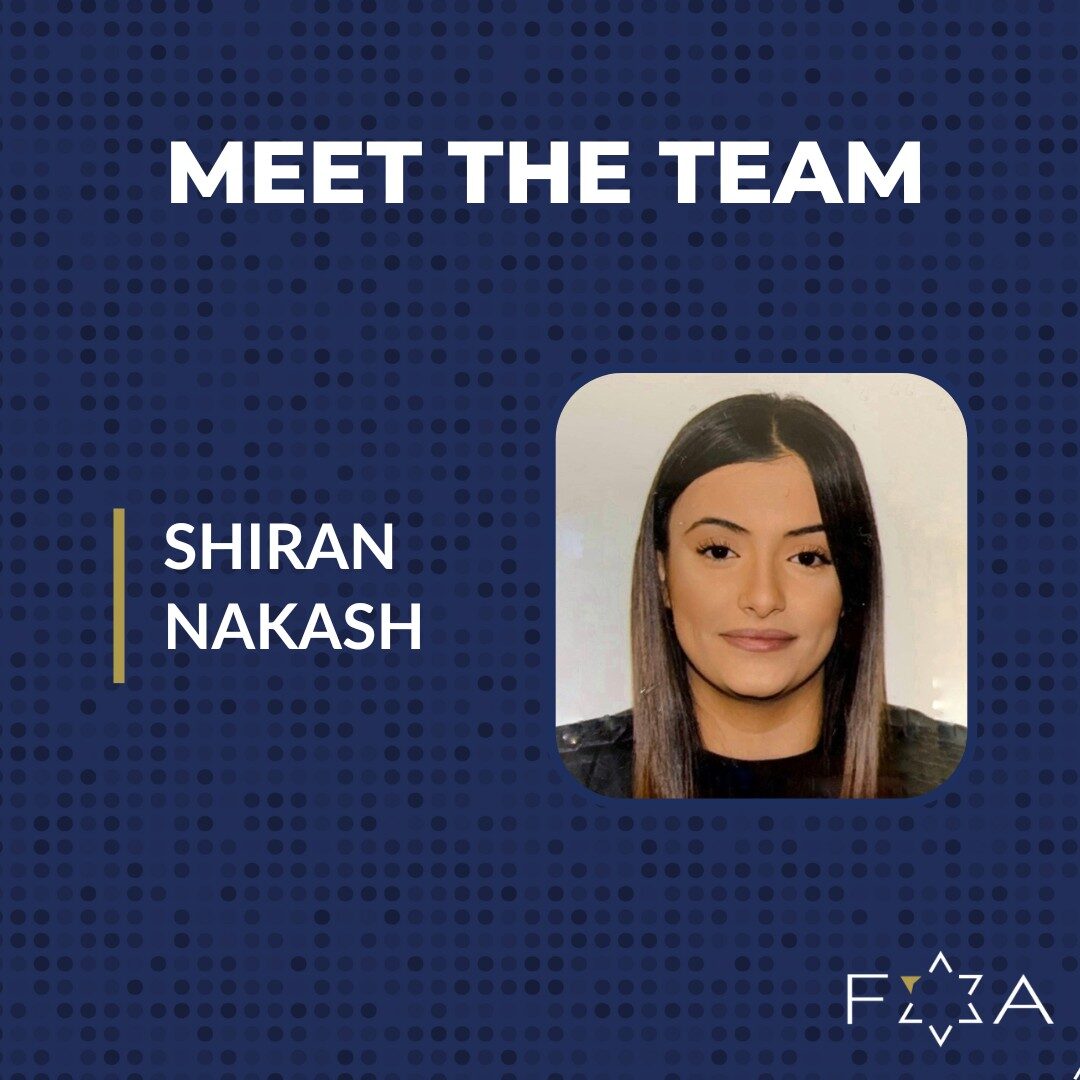Reading Time 4 min. | 484 words
Tell us a little about yourself?
My name is Shiran. I was born in Israel and have lived here for 26 years. I’m an Industrial and Management Engineering student specializing in information systems at Sami Shamoon College – almost done with my degree. Beside my studies, I work as a planner at Elbit Systems, combining the technological world I’m involved in with work based on values and meaning.
What inspired you to volunteer with FOA?
Now that antisemitism is more obvious than ever – in Israel and globally – I felt a need to take part in something significant. When I learned about FOA, I realized it was an opportunity to contribute to an important struggle based on facts, professionalism, and actual action.
How concerned are you about online antisemitism? Did you encounter online antisemitism before or after you started volunteering?
Sadly, yes. Even before volunteering with FOA, I’d come across antisemitic stuff online – sometimes subtle hints, sometimes really direct. But since joining the organization, it became clear to me how widespread, sophisticated, and often hidden this phenomenon is. It really just strengthened my feeling that it’s in our hands to deal with it.
Can you tell us a bit about your role at FOA?
I’m part of the website team, mainly involved in designing content and visual elements. I also participated in the One2One project, connecting Jews from Israel and all over the world in meaningful chats over Zoom.
What do you enjoy about volunteering with FOA?
The people. There’s a community of volunteers here who genuinely care – each one brings knowledge, experience, and a desire to contribute. FOA also provides me with important knowledge about the history and reality we face today, as well as professional tools for practical work. I feel like I’m part of something big, meaningful, and valuable.
Has anything you’ve learned about online antisemitism surprised you?
What surprised me most is just how widespread and extreme online antisemitism really is far beyond what I ever imagined. As someone born and raised in Israel, I never personally encountered antisemitism, so I wasn’t fully aware of its scope. But after being exposed to such a large volume of hateful content over the years, I’ve come to understand how serious the problem is. It’s also clear that the experience is very different for Jews living abroad, many of our monitoring team members who made Aliyah often share how they faced antisemitism directly in their home countries.
What are your hopes for the future in the fight against online antisemitism?
As part of my role on the website team, I uploaded a guide to the site called Dog Whistles & Canards Guide. While working on it, I read it and was exposed to an entire world of codes and allusions for spreading antisemitism that I hadn’t known before. It was surprising and unsettling to understand how hidden and sophisticated this discourse can be.

